CO-INVESTIGATORS

Aijun An
Aijun An is Professor in the Department of Electrical Engineering and Computer Science at York University. She obtained a Ph.D. in Computer Science from the University of Regina. From 1997 to 2001, she worked in the Department of Computer Science at the University of Waterloo as a postdoctoral fellow, and later as a research assistant professor before joining the Department of Computer Science at York University in 2001. Her research interests are in data mining, machine learning, natural language processing, artificial intelligence, and keyword search over graphs and relational databases.
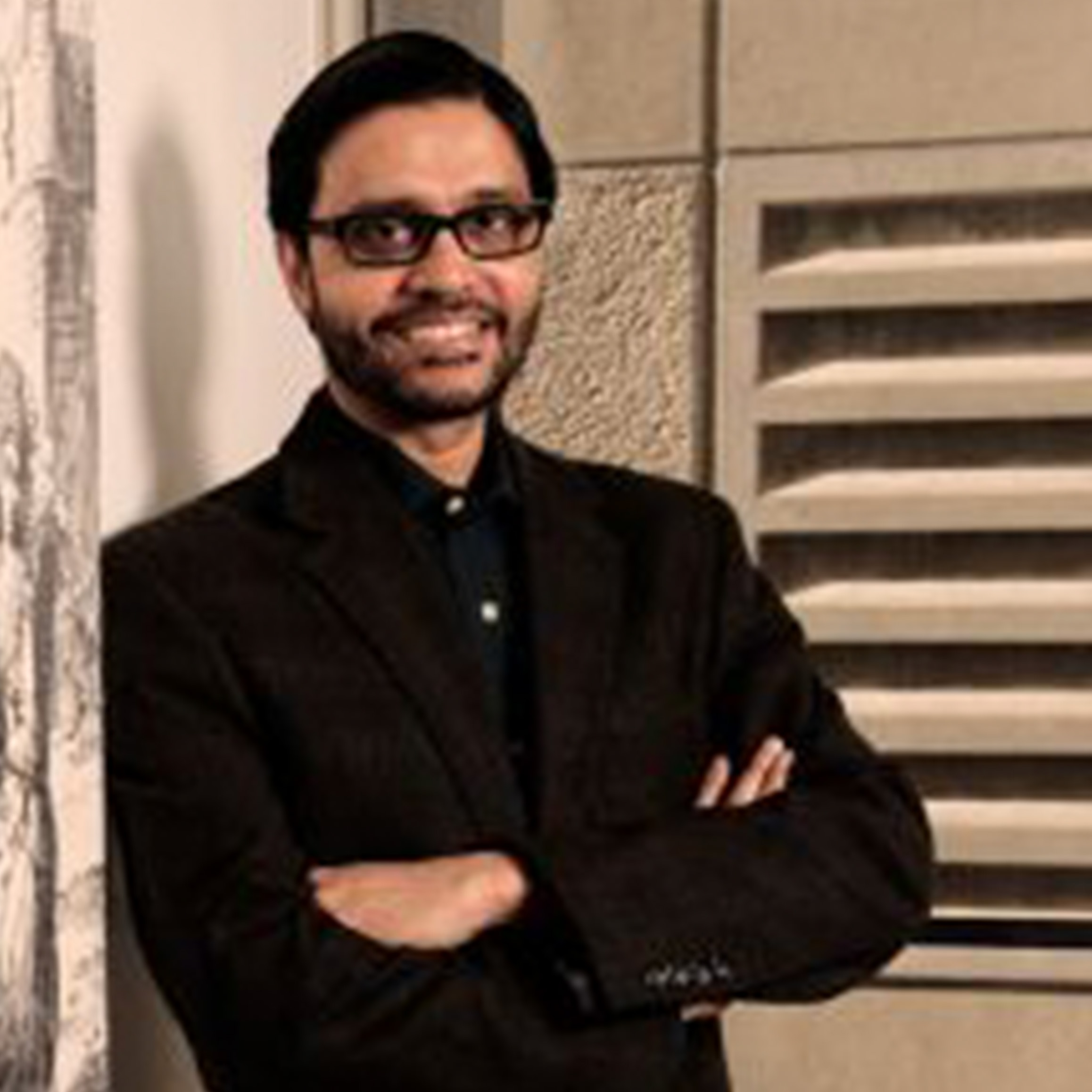
Amitava Chowdhury
Amitava Chowdhury is Professor of History and Director of the Global History Initiative at Queen’s University. He is an historical archaeologist of agrarian labour regimes and colonial plantations in the British Caribbean and the Indian Ocean and is interested in the meaning and theory of Global History and diaspora theories. He is particularly interested in issues of identity, nationalism, and diaspora formations of the Indians overseas. Previously, between 2001-2004, he worked on the historical archaeology of colonial Mauritius, and two of his excavated sites, Aapravasi Ghat and Le Morne Brabant, were subsequently inscribed as UNESCO World Heritage Sites. He has also published several works on the history and archaeology of fugitive slaves in Mauritius and the Caribbean. He is a former Fellow of the Weatherhead Initiative in Global History at the Weatherhead Center for International Affairs, Harvard University.
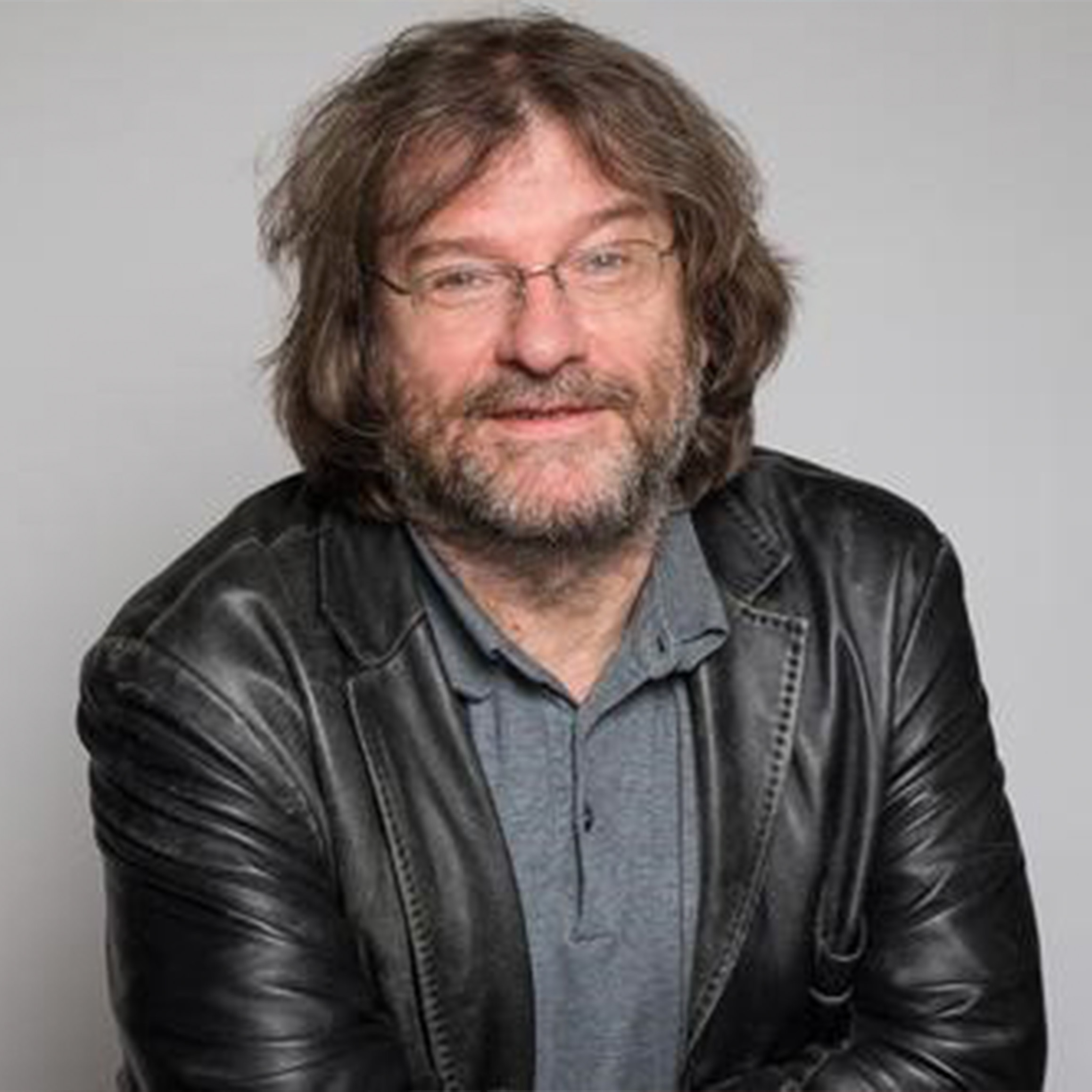
Andreas Eckhert
Andreas Eckert, a professor of African history at Humboldt-Universität Berlin, plans to use his Einstein Research Fellowship to write a comprehensive historical study of labor in Africa since 1945. He was inspired to embark on the project after noticing that the issue of labor – a concept that vanished almost entirely from Africa-related research post-1990 – had, for some time, been growing in relevance once again. This was linked to a developing interest in the informal and precarious forms of labor that are especially visible on the continent, but also due to an increased focus on types of employment that fall outside of “traditional” paid labor. In his monograph, Andreas Eckert aims to outline the shift that has occurred in labor practices and cultures, analyze the diverse range of subjective experiences and labor relations, and focus on individual and collective struggles in a world shaped by inequality. At the same time, he will critically examine key concepts such as proletarianization and informalization, as well as global history perspectives. During his Einstein Fellowship, Andreas Eckert’s post at Humboldt-Universität will be covered by global historian Felix Brahm.

Audra A. Diptée
Audra A. Diptée is the Coordinator of Latin American and Caribbean Studies at Carleton University and Associate Professor in the Department of History. Her publications include the books From Africa to Jamaica: The Making of an Atlantic Slave Society, 1776-1807 (2010) and Remembering Africa & Its Diasporas: Memory, Public History & Representations of the Past (2012). Her research has been supported by fellowships at the Rockefeller Foundation’s Bellagio Center and Yale University’s Gilder Lehrman Centre for the Study of Slavery. She has also held the post of Invited Professor at the University of Sorbonne Nouvelle-Paris 3. Her research has been funded by various agencies including SSHRC the Organization of American States. 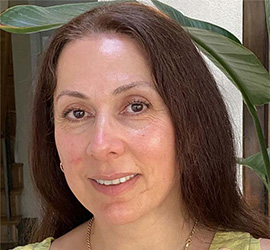
Behnaz Mirzai
Behnaz Mirzai is Professor of History at Brock University and an historian of modern Iran, who teaches Middle Eastern history. Her areas of specialization include comparative and cross-cultural studies, ethnicity, slavery, gender, as well as social, economic and religious interactions in the Middle East. Her dissertation was entitled “Slavery, the Abolition of the Slave Trade and Emancipation of Slaves in Iran 1829-1928”.

Dr. Bonny A. Ibhawoh
Bonny Ibhawoh (M.A. Ibadan; Ph.D Dalhousie) is Professor of History and Senator William McMaster Chair in Global Human Rights at McMaster University. He has served as Director of the McMaster Centre for Human Rights and Restorative Justice and is Project Director of Participedia and the Confronting Atrocity Project. He has taught in universities in Africa, Europe and North America and currently chairs the United Nations Expert Mechanism on the Right to Development. He is the author of Human Rights in Africa (Cambridge University Press, 2018); Imperial Justice (Oxford University Press, 2013) and Imperialism and Human Rights (SUNY Press, 2007) [named Choice Outstanding Academic Title]. Dr. Ibhawoh is a Fellow of the Royal Society of Canada, a recipient of the McMaster Student Union Teaching Award and the Nelson Mandela Distinguished Africanist Award.
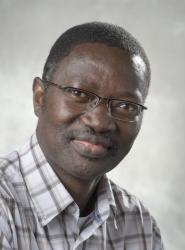
Femi Kolapo
Femi Kolapo is a Professor of History at the University of Guelph. His current research includes an examination, on the one hand, of the social, political and economic implications in the first half of the 19th century in the Lower Niger & Niger Delta communities of West Africa of the conjunction between rural producers and marketers of palm oil, and on the other, the new (global) international economic demands & influences, together with its accompanying diplomatic and political impulses that began to emanate from industrialized capitalist Europe. He is also looking at the dynamics involved in the relationship between Christian missionary organizations and their rural (and other) targets in West Africa during the same period.

Henry B. Lovejoy
Henry B. Lovejoy is Associate Professor in the Department of History at the University of Colorado Boulder, specializing in the history of Africa and the African Diaspora in the Atlantic World during the era of the transatlantic slave trade. He is an affiliate of the University of Colarado’s Center for Research Data and Digital Scholarship. He teaches graduate courses in Digital History, such as "Mapping the Past Using Digital Cartography," among others which provide overviews of digital methods and technologies. He is developing historical GIS methods with statistical models to determine when and where enslaved Africans originated within pre-colonial Africa; and when and where they went in diaspora. His digital research has received support from the National Endowment for the Humanities, the Andrew W. Mellon Foundation, SSHRC, the Fulbright-Hays Program, and the Hutchins Center for African and African American Research at Harvard University.
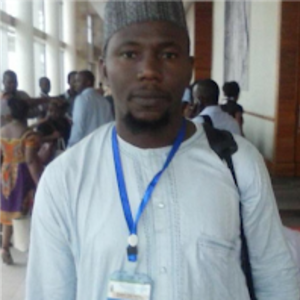
Ibrahim Sani Kankara
Ibrahim Kankara Sani obtained his B.A and M.A in History at Bayero University, Kano and his Ph.D in Sociology and Anthropology at the University of Dar-es-Salaam. He is Coordinator of Graduate Studies in the Department of History and Security Studies, Umaru Musa Yar'adua University and has served as organizing Secretary for the International Conference on: "African Slave Trade and Slavery across the Sahara, the Mediterranean, the Middle East and the Indian Ocean: Shared Heritage and untold Tragedies."

Jane G. Landers
Jane Landers is Gertrude Conaway Vanderbilt Professor of History at Vanderbilt University. She is a specialist on colonial Latin America and the Atlantic World, specializing in the history of Africans and their descendants. She has been a member of UNESCO’s International Scientific Committee Slave Route Project since 2015 and is past-President of the Conference on Latin American History, the Forum on European Expansion and Global Interaction, and the Latin American and Caribbean Section of the Southern Historical Association. She serves on the editorial boards for Slavery & Abolition, Colonial Latin American Historical Review and Oxford Bibliography On-line: Atlantic World. Her publications include Atlantic Creoles in the Age of Revolutions (2010) and Black Society in Spanish Florida (1999).

Jean-Pierre Le Glaunec
Jean-Pierre Le Glaunec is Associate Professor of History at Université de Sherbrooke. He has received a Killam Postdoctoral Fellowship from Dalhousie University and a Ph.D. in Languages and English-speaking Civilizations from the University of Paris. His teaching and research areas are the history of the United States, history of the Caribbean, history of Louisiana, and the history of slavery. His research has explored slavery in Louisiana, the flight of slaves to Santo Domingo, and the Haitian war of independence. He is co-director of the Marronage Project.

Joan C. Bartlett
Joan Bartlett is Associate Professor in the School of Information Studies at McGill University. She is also a member of the McGill Centre for Bioinformatics. Her research focuses on information behaviour, information interaction, and information seeking and use. She teaches in the areas of biomedical information and information literacy. Currently, Bartlett is the Principal Investigator for the research Metaliteracy for well-being: Design criteria for information systems (SSHRC).
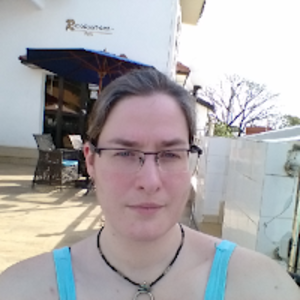
Katrina H. B. Keefer
Katrina Keefer teaches at Trent University. She is a cultural historian who specializes in identity, body marking, slavery, and initiatory societies in West Africa. She is working on a large-scale digital humanities project funded by SSHRC on body scarification and marks to better discern origins and birthplace. She has previously published on scarification, Poro, and identity in Sierra Leone.
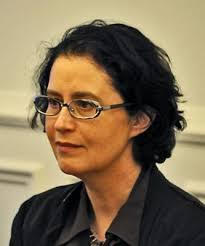
Myriam Cottias
Myriam Cottias est une historienne, Directrice de recherche au Centre National de la Recherche Scientifique (CNRS), Coordinatrice du programme de l'Agence Nationale de la Recherche "Réparations, compensations et indemnités au titre de l'esclavage (Europe-Amériques-Afrique) (XIXe-XXIe)", ancienne présidente du CNMHE. Elle est la directrice du Centre International de Recherches sur les Esclavages et Post-esclavages (CIRESC).

Natasha Henry
Natasha Henry is an educator, historian, and curriculum consultant. She is the president of the Ontario Black History Society. The 2018 Vanier Scholar is currently completing a PhD in History at York University, researching the enslavement of African people in early Ontario. She is an award-winning author and an award-winning curriculum developer, focusing on Black Canadian experiences. Through her various professional, academic, and community roles, Natasha’s work is grounded in her commitment to research, collect, preserve, and disseminate the histories of Black Canadians.
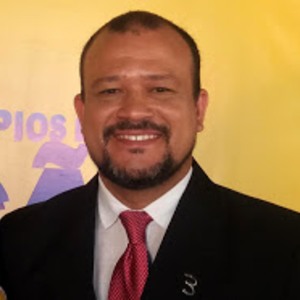
Nielson Rosa Bezerra
Nielson Rosa Bezerra received his PhD from the Universidade Federal Fluminense and is a former Banting Fellow (2012–2014) at The Harriet Tubman Institute for Research on Africa and its Diasporas, York University. He is the author of a number of articles and six books on slavery and the African Diaspora in Brazil, including Escravidão Comércio e Farinha no Recôncavo do Rio de Janeiro, século XIX (2011). He is Director of Museu Vivo do São Bento, Duque de Caxias, Rio de Janeiro, and Professor Adjunto, Universidade do Estado do Rio de Janeiro..
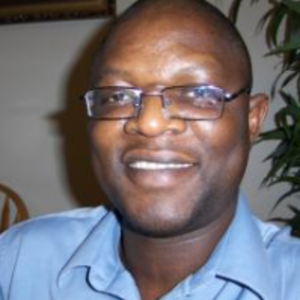
Olatunji J. Ojo
Olatunji Ojo is Associate Professor and Chair in the History Department at Brock University, where he teaches African History including seminars on slavery, economics, and women’s history. Prior to joining Brock University, he taught at the University of Ibadan, Ohio University, Athens University, and Syracuse University. His research interests, which include slavery, ethnicity and identity formation, religion and gender, center on the history of social and economic change. His recent publications include “ Èmú (Àmúyá): The Yoruba Institution of Panyarring or Seizure for Debt,” African Economic History 35 (2007) : 31-62; “The Organization of the Atlantic Slave Trade in Yorubaland, 1777 to 1856,” International Journal of African Historical Studies 48.1 (2008) : 77-100, and “Beyond Diversity: Women, Scarification, and Yoruba Identity,” History in Africa 35 (2008).
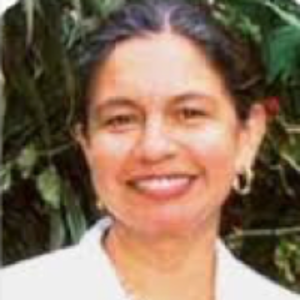
Rina Cáceres
Rina Cáceres holds Cátedra de Estudios de Africa y el Caribe at the Universidad de Costa Rica and is a specialist on the history of African descendant populations in Central America and the Caribbean. She serves as Representative on CONARE, the Rector's National Committee on the University, the National Commission of Afro-Descent Studies of the Ministry of Public Education in Costa Rica, and the UNESCO "Slave Route" Project. She has been awarded the Costa Rican National Prize, Aquileo Echeverria (History), and the Ricardo Caillet-Bois (History) from the Pan American Institute of Geography and History of the Organization of American States for her studies on Afro-Descendent people in Costa Rica.
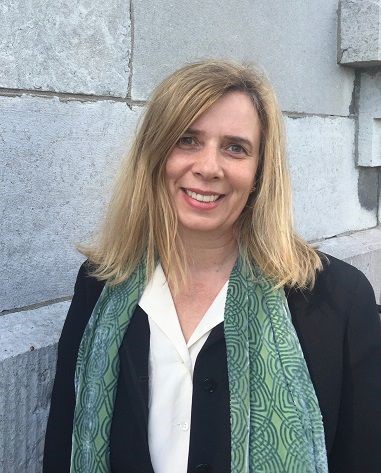
Sandra den Otter
Sandra den Otter researches and teaches in the area of late 18th, 19th and 20th century British history. She has a particular expertise in the history of colonial legal cultures, intellectual history, ideas of social welfare and humanitarianism, and the history of the social sciences. With Dr. Jeffrey Collins (Queen’s University), Sandra den Otter co-edits The Journal of British Studies (Cambridge University Press). The Journal of British Studies publishes new research from the medieval to 20th century in many aspects of British history, including transdisciplinary perspectives. Sandra den Otter is currently Vice Provost (International), after serving as Associate VP (Research) from 2018-2020.

Sean M. Kelley
Sean M. Kelley is Professor in the Department of History at the University of Essex. He received his Ph.D. from the University of Texas and specializes in the history of slavery and the transatlantic slave trade. He is the author of Los Brazos de Dios: A Plantation Society in the Texas Borderlands, 1821-1865 (2010) and The Voyage of the Slave Ship Hare: A Journey into Captivity from Sierra Leone to South Carolina (2016). He is a founding member of the Freedom Narratives Project and DATAS.

Steven Bednarski
Steven Bednarski is a social historian of crime and gender specializing in the fourteenth and fifteenth centuries. His geographic focus are Provence and the south of England. In Provence he has studied criminal trials and notarial registers on wife assault, child abuse, adultery and illicit sexuality, gender norms, pedagogy, and women's healthcare. In England, he has studied changes in natural environment and the impact on live human experiences, particularly near Herstmonceux manor in East Sussex.

Suzanne Schwarz
Suzanne Schwartz is Professor of History, Politics and Sociology at the University of Worcester where her teaching and research interests focus on the transatlantic slave trade, abolition, and West Africa in the eighteenth and nineteenth centuries. She also focuses on developing historical research skills for students through the study of regional and local history. Her current research on Sierra Leone examines the development of the colony, and the ways in which abolitionists attempted to undermine the slave trade and reform African economy and society through policies of "Commerce, Civilization and Christianity." She is Principal Investigator for a British Library Endangered Archives project to preserve rare documentary sources in the Sierra Leone Public Archives. She is currently part of an international collaborative research project at the Harriet Tubman Institute for Research on Africa and its Diasporas at York University. This research project draws together scholars from across four continents and traces the testimonies of West Africans from the era of the slave trade.

Trevor Burnard
Trevor Burnard is the Wilberforce Professor of Slavery and Emancipation at the University of Hull and the Director of the Wilberforce Institute. Between 2011 and 2019 he was Professor of American History and Head of School (2011-18) in the School of Historical and Philosophical Studies at the University of Melbourne, where he has been a faculty member since February 2011. In addition to many articles, book chapters and edited books on the Caribbean and the Chesapeake, he has published Creole Gentlemen: The Maryland Elite 1690-1776 (2002), a prize-winning study of a Jamaican slave overseer, Mastery, Tyranny, and Desire: Thomas Thistlewood and His Slaves in the Anglo-Jamaican World (2004), and Planters, Merchants, and Slaves: Plantation Societies in British America, 1650-1820 (2015). In 2016, he co-authored comparative study of colonialism and slavery with John Garrigus, The Plantation Machine: Atlantic Capitalism in French Saint-Domingue and British Jamaica (2016). In 2020 he published The Atlantic in World History, 1492-1830, Britain in the Wider World and Jamaica in the Age of Revolution. He has been editor-in-chief of the Oxford Bibliography Online in Atlantic History since 2009.

Vanessa Dos Santos Oliveira
Dr. Oliveira is Assistant Professor, History Department at Royal Military College. Kingston, since 2018. She teaches courses on early and modern Africa, European colonialism and African women’s history. Her area of specialization is Angola and by extension, Brazil. Oliveira obtained a PhD in history from York University in 2016 and was a postdoctoral fellow at the University of Toronto from 2016 to 2018. Her PhD dissertation focuses on the participation of women in trade in Luanda, Angola (1770-1867). She has published several articles and book chapters on women merchants, interracial marriage and slavery in Luanda. Her book Abolition, Gender and Slavery at Luanda was published in 2021. Dr. Oliveira is currently working on a project entitled A Social History of Slavery in Luanda, which focuses on the enslaved population of the capital of Angola and its hinterland during the era of “legitimate” commerce (1850-1870). Before joining the History Department at RMC, Dr. Oliveira taught courses in early and modern Africa at York University and at the University of Toronto Scarborough.
